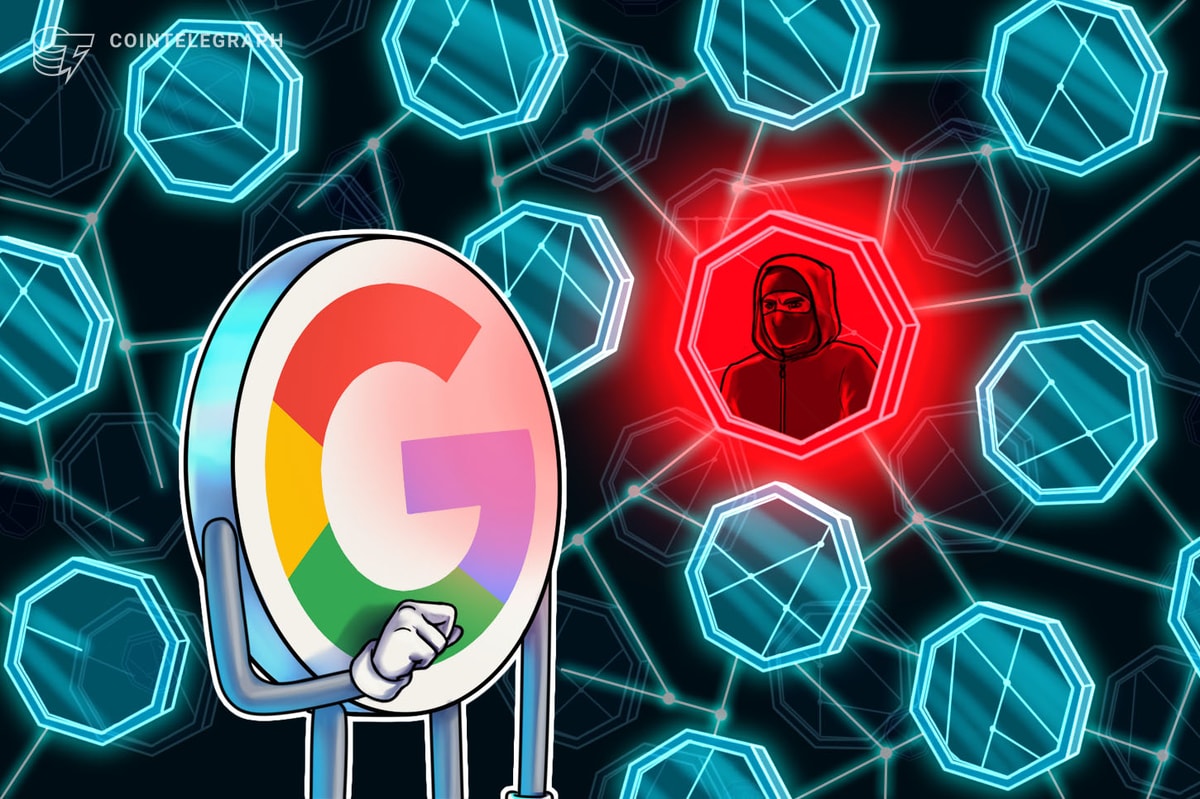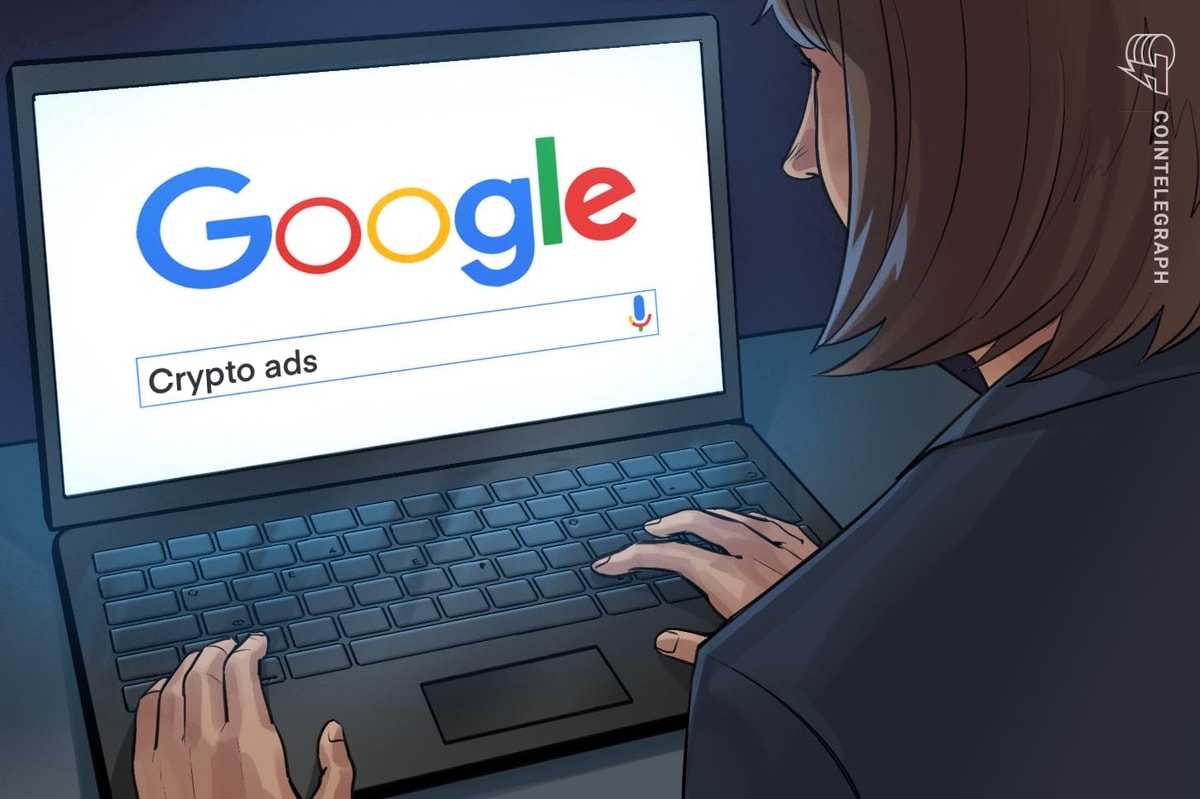
Onename founders Ryan Shea and Muneeb Ali were recently interviewed on an episode of Epicenter Bitcoin, and the early portion of the conversation focused on the duo’s overall goals for their blockchain-based identity system. While most people see Onename as a company for online identity and login verification, Shea and Ali’s vision goes far beyond that. The New York-based team see their project as a way to help redecentralize the Internet by giving people a form of online ID over which they have complete control. Shea and Ali expanded on these points during their discussion with Epicenter Bitcoin co-hosts Sébastien Couture and Meher Roy.
Problems With Centralization on the Internet
Before explaining how Onename can help redecentralize the Internet, Ali explained the problems facing the Web right now. Although the Internet started out as a generally decentralized platform, centralization has started to creep into the system over the past fifteen years:
“When talking about the grand vision -- if you go back to the late ‘90s, you would see that the Internet used to be a much more decentralized place. People would go visit websites that were hosted on different servers, different hosting providers, and in the last fifteen years, one of the things that has happened is that it’s becoming more and more centralized in the sense that everything, all forms of communication, are going through certain, central companies like Google [or] Facebook.”
Ali explained that it is important to make sure that people do not have to rely on large, centralized institutions in the online world:
“Most user data is actually also with these companies, so one of the things that really excites us to work on this technology is the potential to kind of like redecentralize the Internet -- give the power back to the people, so that everyone who’s using Internet services online doesn’t have to rely on certain, critical, massive third parties in the middle.”
Removing Reliance on Centralized Institutions
In addition to helping to redecentralize the Internet, Shea explained that another goal of Onename is to allow users to bring an online identity with them as they navigate through the Internet. Facebook, Google, Twitter and other social media platforms are already popular options for logging into various websites around the Web, but Onename plans to offer similar functionality without having to provide personal information to another third party:
“The other component is being able to give users the ability to bring their identities with them when they login online -- putting them in control and putting them in the center of their relationship with any application, so that when they signup for an app they don’t actually need to actually rely on Facebook or Google or any other company. And they can also have a really, really good experience that is convenient (doesn’t require passwords) and these users can bring an ID with them -- a very strong, verified ID with them, anywhere they go.”
An ID Card for the Internet
Although governments have provided usable identification systems in the real world, that kind of system does not exist on the Internet. Shea explained that Onename is working on building a platform that will allow users to control their own privacy and security:
“In real life, we have a pretty good identification system in that we have passports, we have driver’s licenses, and we can take them with us whenever we want to sign up for services. We don’t have a very strong system for that online, and so we want to be able to bring that to users and bring that to people in a way that they are in complete control -- they can be in control of their privacy, their security and the companies they interact with.”
Many Internet users may be wary of any kind of online identification system, but it’s important to remember that some form of online ID can be extremely useful in certain situations. If you’re going to participate in certain forms of online activity, such as e-commerce or social media, it sometimes make sense to use some form of real-world identification. It should also be noted that pseudonyms can still be used with these types of systems. Online forms of ID should not be viewed negatively by default. It only makes sense to fear these sorts of systems when they’re implemented by force.










